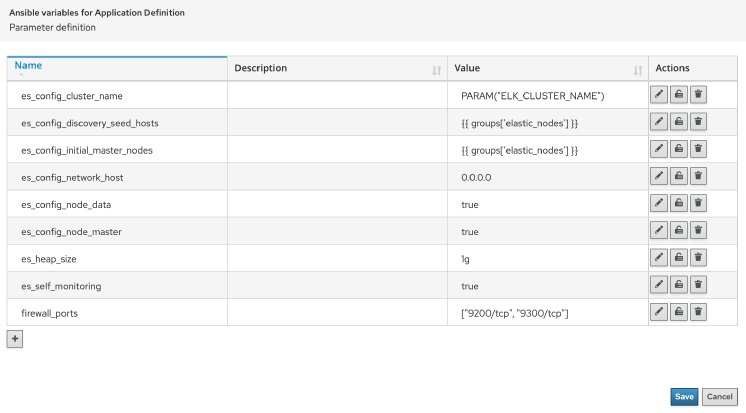ATIX now provides file repositories for offline installation of Debian 9 and Debian 10 as well as Ubuntu 18.04 and Ubuntu 20.04. After synchronisation to orcharhino, Debian and Ubuntu can be installed offline without a '.iso' image.
With the help of a job template, operating systems can be pre-configured and added to orcharhino. This can now be called up again at any time after installation.
The 'Application Centric Deployment' plugin (ACD for short) now allows access to orcharhino parameters. This allows variables to be referenced by other entities, such as host groups or operating systems. This facilitates the inheritance of variables to systems in application instances. Furthermore, the feedback from ACD to the user regarding provisioned and configured systems has been improved.
The documentation contains new instructions for managing systems, especially Debian and SLES-based systems. The inclusion of file repositories has been documented as well as the setup of user-defined SSL certificates. orcharhino now has documentation on creating orcharhino templates. A new API endpoint speeds up the status query of managed systems regarding their patch status.
orcharhino (https://orcharhino.com/) is used to automate on premises and cloud-based IT environments and is based on the open-source software Foreman. It can be used to automatically provision and configure systems and continuously provide them with software, including security updates.
In addition to CentOS, Debian, Oracle Linux, Red Hat Enterprise Linux, SUSE Linux Enterprise Server and Ubuntu, orcharhino also supports Alma Linux 8, Amazon Linux 2 and Rocky Linux 8.


